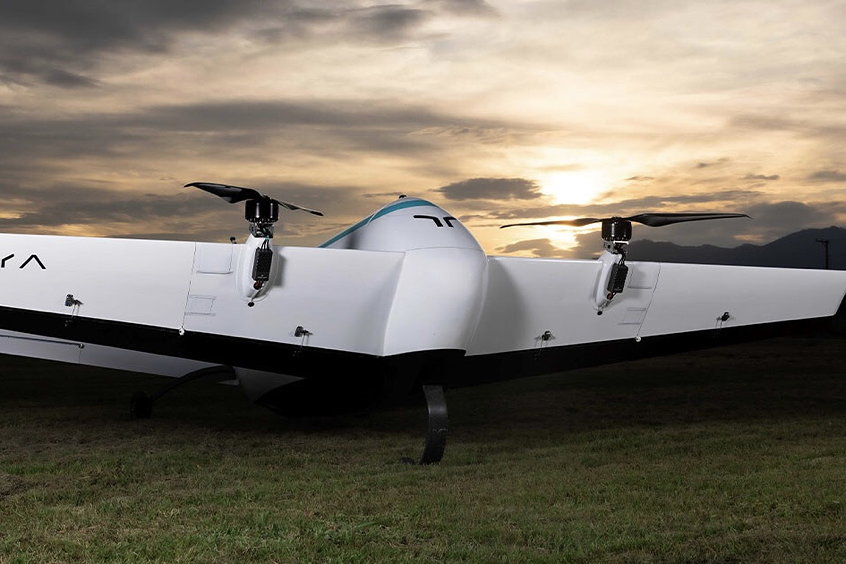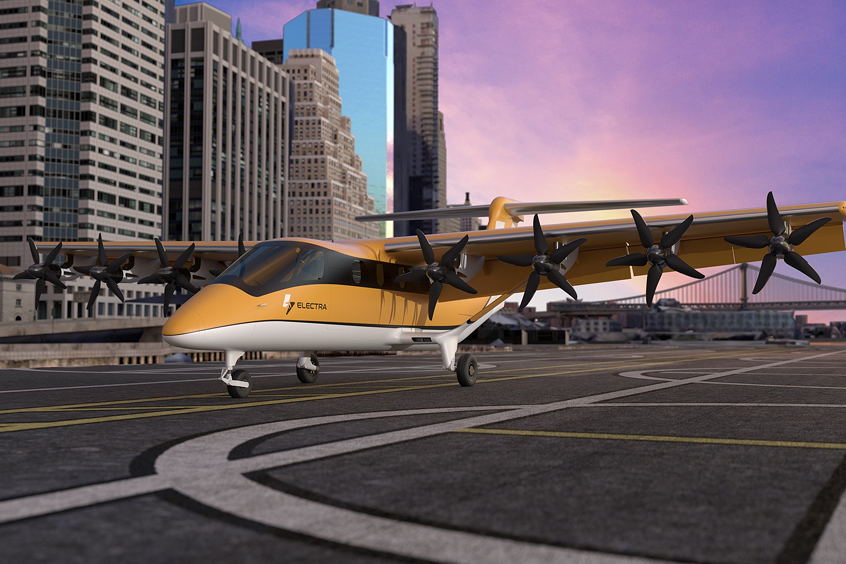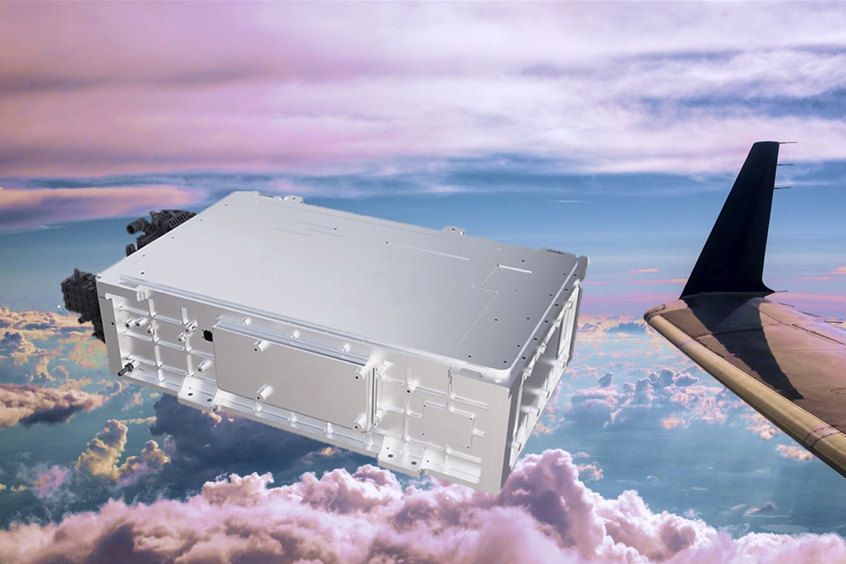Kratos Defense & Security Solutions, Inc., a technology company in Defense, National Security and Global Markets, today announced the successful demonstration of the second of three Valkyrie launch methods: the Kratos Trolley Launch System (KTLS).
The KTLS enables the Valkyrie to take off from traditional runways or straight roads, without requiring Rocket Assist Take Off (RATO) or other acceleration producing devices. The KTLS is unpowered with take-off thrust provided solely by the aircraft jet engine. For KTLS take off, which is fully autonomous, the aircraft engine throttles up just like a conventional jet take off, and the combined system, Valkyrie and KTLS, accelerates down the runway. Ultimately, at lift-off speed, the aircraft flies up and away (separates) from the KTLS which then deploys drogue chutes and brakes to a stop on the runway while the aircraft proceeds to its flight mission.
For years, the Valkyrie has operated using the RATO method which enables the system to be operated from austere and unprepared locations without runways or similar traditional aircraft support elements. A primary benefit of both RATO and KTLS launch is that the aircraft payload and fuel load can be maximized and is not reduced by the weight, nor the storage volume required for conventional retractable gear. Significantly, the flyaway aircraft system cost is also not impacted by the cost of take-off / landing gear. For deployment of affordable mass, keeping cost out of the airborne systems is paramount.
The Kratos funded flight demonstration was conducted at the North Dakota GrandSky Range where Kratos can independently (from DoD ranges) operate its larger Collaborative Combat Aircraft class UAS like the Valkyrie.
Steve Fendley, President Kratos Unmanned Systems Division, said, “The availability of the GrandSky Range resources and the support from Senators Hoeven and Cramer and the North Dakota community at large has been an incredible enabler for our program. As we watch peer adversaries in both their preparations and active conflicts, and at the same time see the DoD budget impacts in our own nation, we have challenged ourselves at Kratos to solve today’s defense challenges with solutions that are realizable, near term achievable, and affordable. The perfect capability solution too late is really an abject failure; and we continually use this fact as a constraint on our approaches. We remain committed to developing and producing systems that are effective in the near term and deliver substantial effect/impact/utility per cost across the life cycle.”
The development, production, and demonstration of the internally funded KTLS epitomizes clever conceptualization, rigorous digital engineering and physical engineering, integration, testing, and rapid production-representative manufacturing that enables a unique and effective system offering and was made possible by Kratos’ 30 years of engineering experience with unmanned jet aircraft autonomous runway take off.
Eric DeMarco, President and CEO of Kratos, said, “The successful demonstration of our Valkyrie and KTLS system is another recent example of Kratos “listening” to the customer community and investing our own funds, enabling Kratos to rapidly develop, demonstrate and field relevant, low-cost systems. At Kratos, ‘better is the enemy of good enough, ready to go and flying today’, with our entire organization focused on delivering products, not some day hoped for, imagined images, power points or renditions, as we work with our government customer partners to rebuild the U.S. industrial base and support the warfighter.”
This Kratos-funded flight is the latest representative data point of the success of Kratos’ strategy to reinvigorate the U.S. defense industrial base with Kratos-funded, rapidly developed and fielded, relevant, low-cost systems by working closely with our government customer/partners. Beyond its low-cost, jet-powered unmanned aerial drone systems, including Valkyrie, Mako, Air Wolf, Athena, Apollo and others, Kratos continues to successfully execute this strategy with its Erinyes hypersonic test bed which recently completed a successful first flight, its next generation TurboJet and TurboFan jet engines for drones, missiles, loitering and powered munitions, as well as Kratos OpenSpace.
| Contact details from our directory: | |
| Kratos Unmanned Aerial Systems (KUAS) | Airframer |
| Related aircraft programs: |
| Kratos XQ-58A Valkyrie |
| Kratos UTAP-22 Mako |
Weekly news by email:
See the latest Bulletin, and sign up free‑of‑charge for future editions.

Altair collaborates with aerospace startup Moya Aero to develop eVTOLs

Electra reveals design for EL9 hybrid-electric aircraft
Piper Aircraft achieves AS9100 certification
